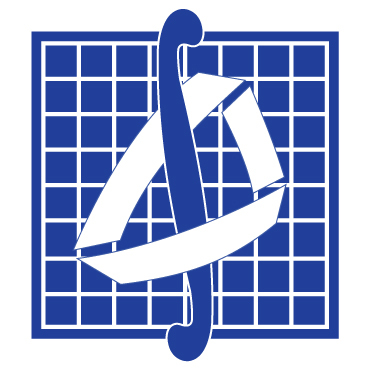Algorithms of aided
INS-GNSS systems
INS-GNSS systems
An educational track of the Summer school in mathematics and mechanics for pre-masters 2022
The track is aimed to acquaint attendees with basics of inertial and GNSS navigation, form primary knowledge in the domain of inertial, GNSS and aided INS-GNSS systems.
Head of track
Andrew A. Golovan
Head of the Laboratory of Control and Navigation, Faculty of Mechanics and Mathematics, Lomonosov Moscow State University.
Doctor of science in mathematics and physics.
Fields of research:
— inertial navigation systems (INS),
— global navigation satellite systems (GNSS),
— integrated INS-GNSS systems,
— calibration problem in inertial navigation,
— INS alignment problem,
— airborne gravimetry.
Doctor of science in mathematics and physics.
Fields of research:
— inertial navigation systems (INS),
— global navigation satellite systems (GNSS),
— integrated INS-GNSS systems,
— calibration problem in inertial navigation,
— INS alignment problem,
— airborne gravimetry.
Curriculum
- 1
Basic principles of inertial navigation. INS mechanization equations. Aided systems.
- 2
INS initial alignment.
- 3
Pedestrian inertial navigation: with foot mounted IMU and smartphone.
- 4
Inertial measurement unit calibration.
- 5
Basis of Global Navigation Satellite Systems (GNSS). Code positioning & velocity determination, GNSS autonomous & differential modes.
- 6Alternative methods for estimating parameters and their applications.
- 7Methods of GNSS data processing for applications in geodetic surveying.
- 8Special tasks of calculus.
- 9Special tasks of linear algebra.
- 10Special tasks of ODE.
- 11Additional tasks of theoretical mechanics.
Lecturers
- Doctor of science in mathematics and physics, professor
- Doctor of science in mathematics and physics, professor
- Candidate of science in mathematics and physics, leading researcher
Required skills
We expect listeners to have the listed skills
- Basics of calculusIntegral and differential calculus.
- Basics of theoretrical mechanicsCoordinate systems and transforms, differential equations of motion, solid body mechanics.
- Ability to solve linear ODEAlgorithms of solution and fundamentals of linear ODE theory.
- Basics of linear algebraCoordinate transforms, linear equations systems.
- Basics of probability theoryThe notions of random value, random process, covariation and correlation.
- EnglishWe expect the listeners to understand lections in English.
Contact us
